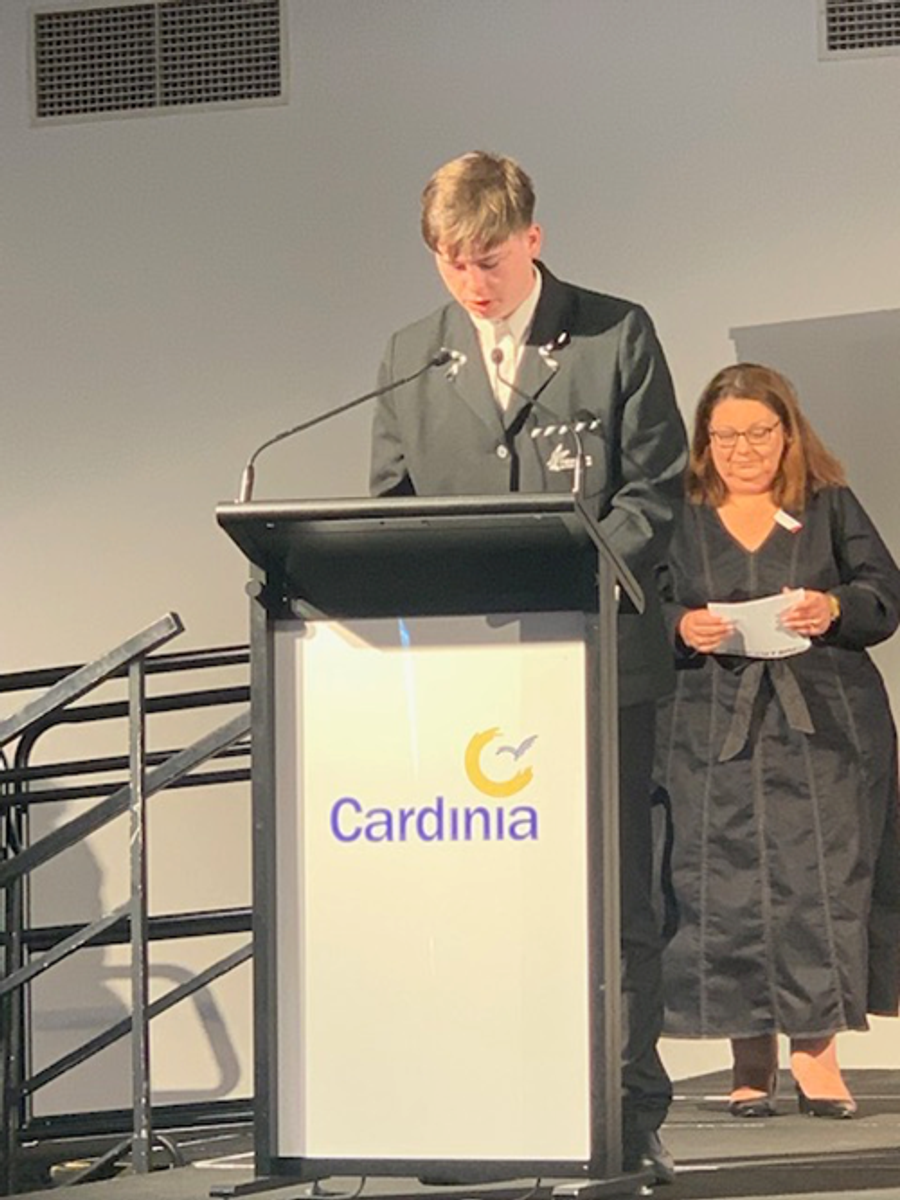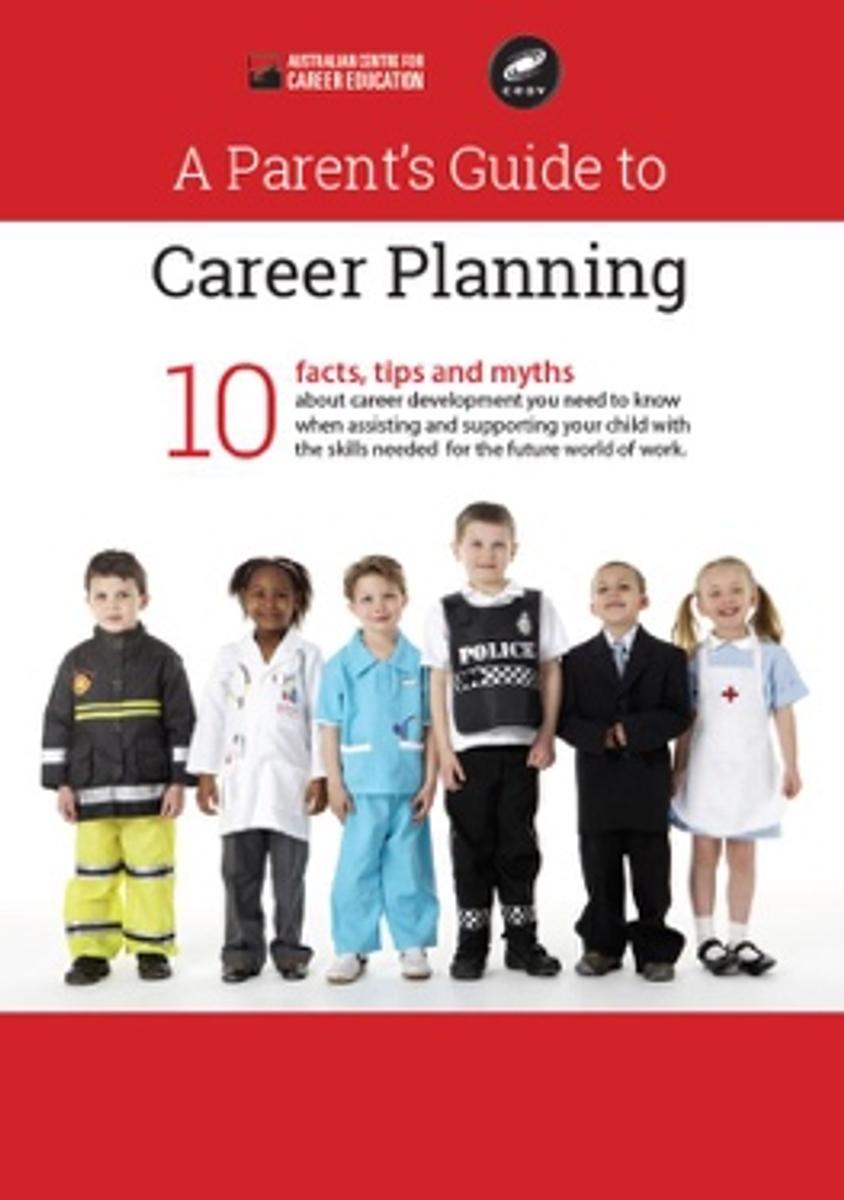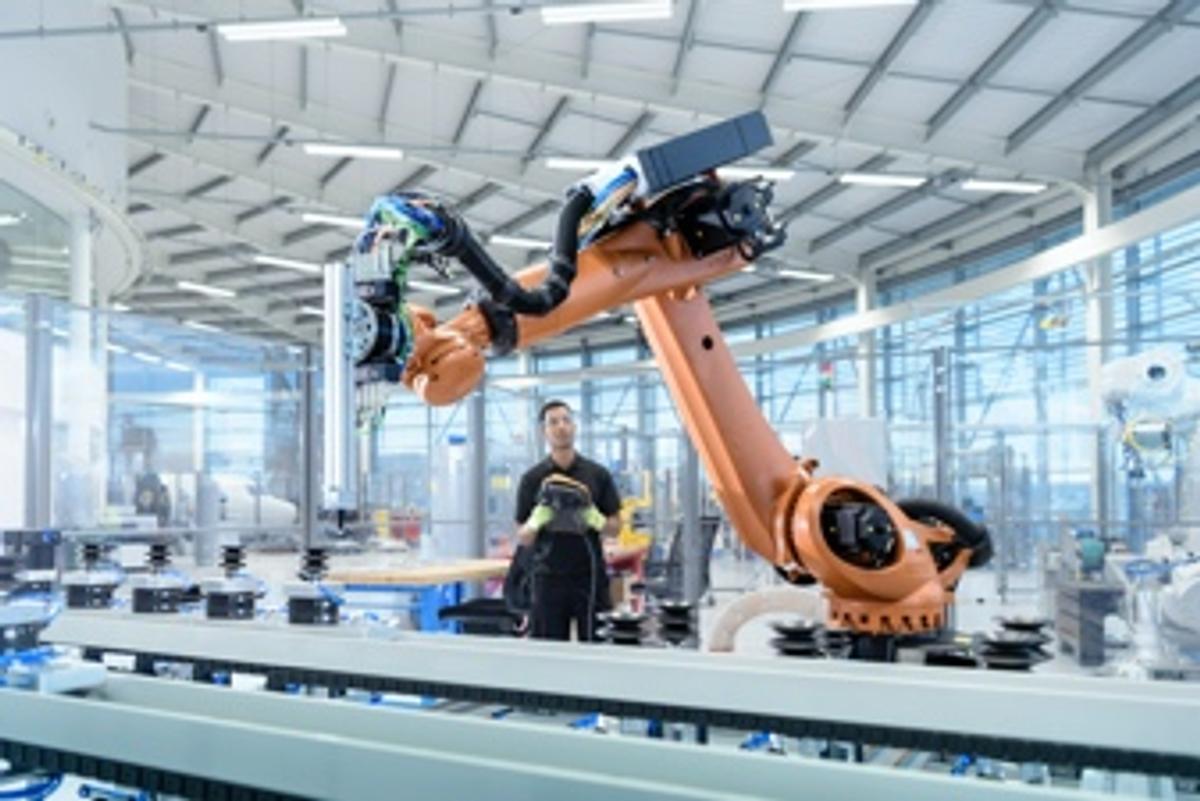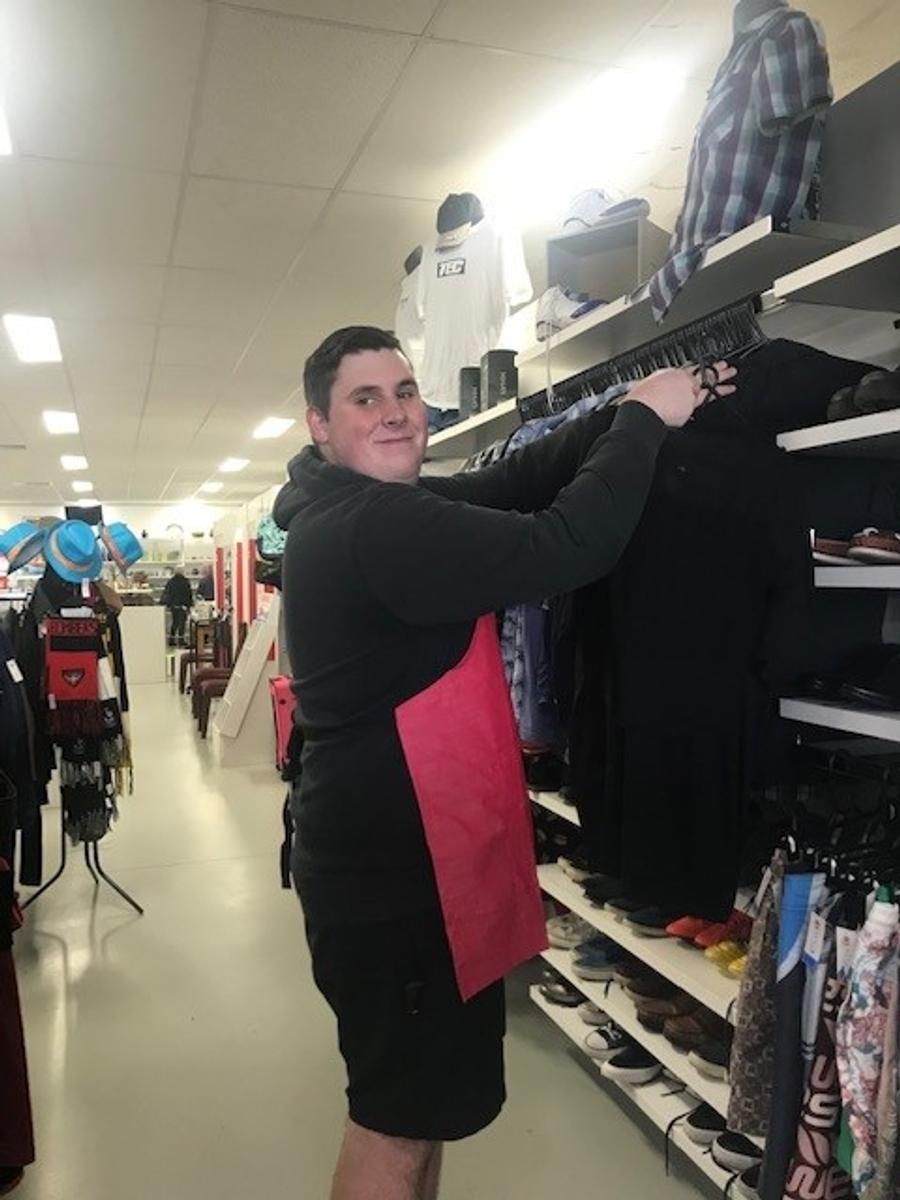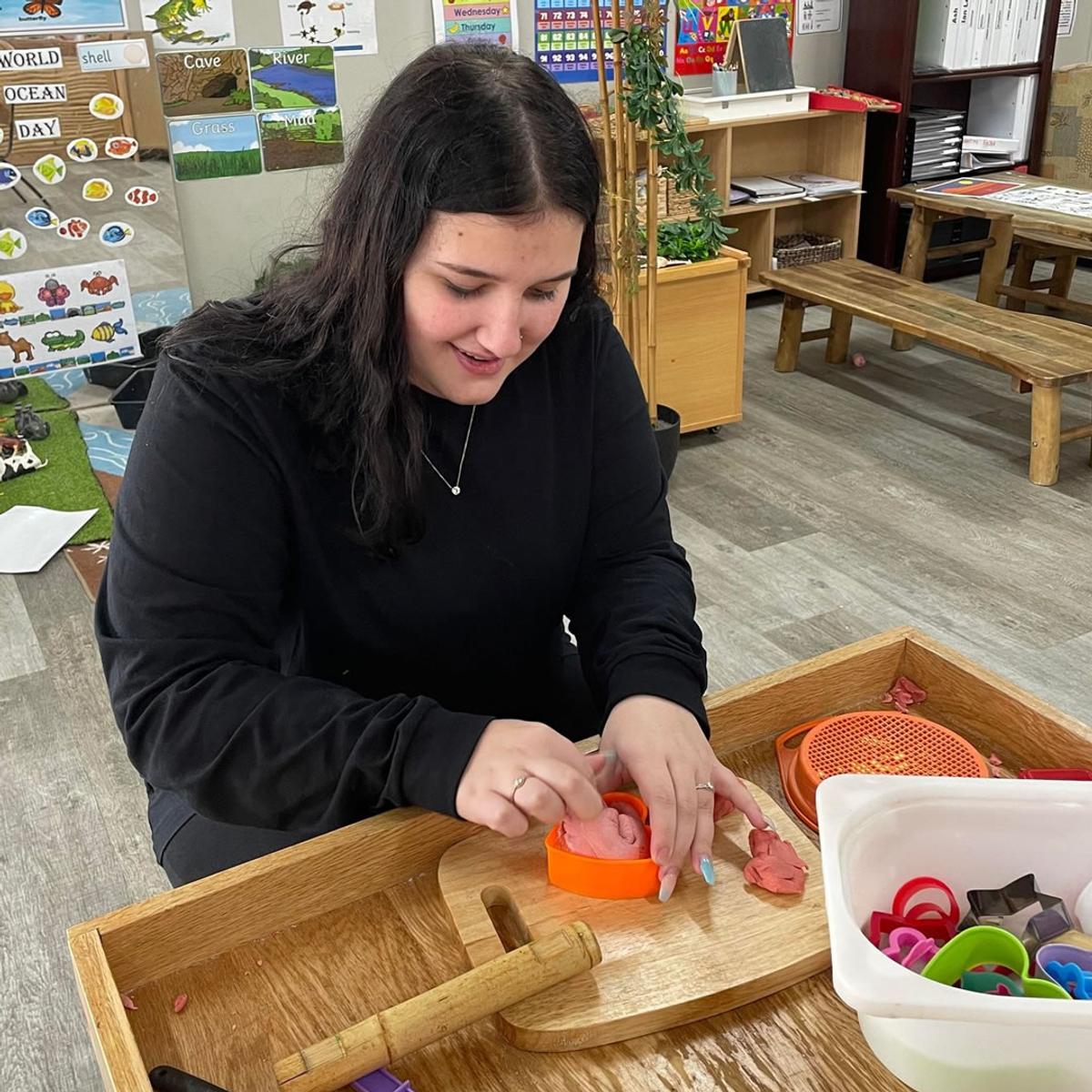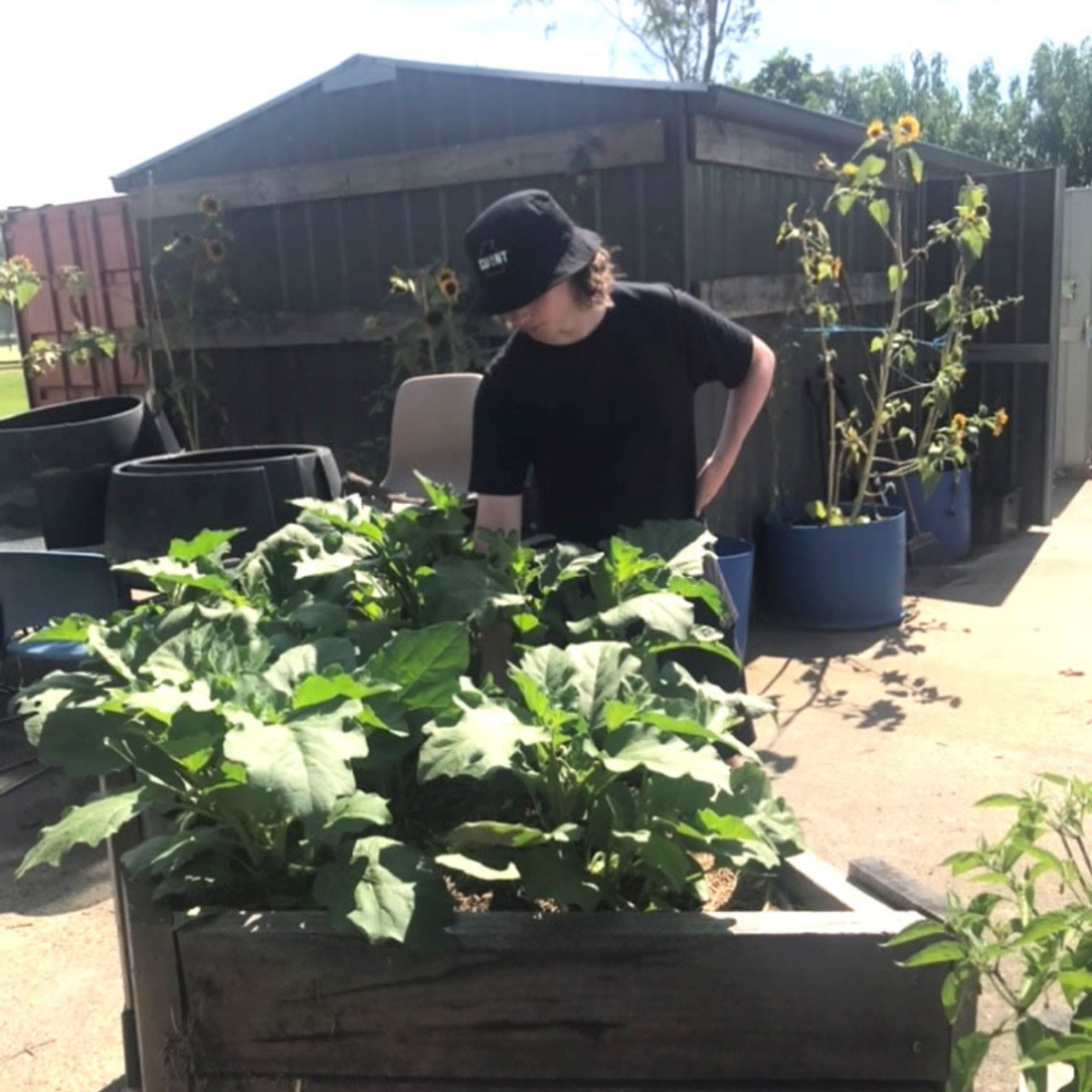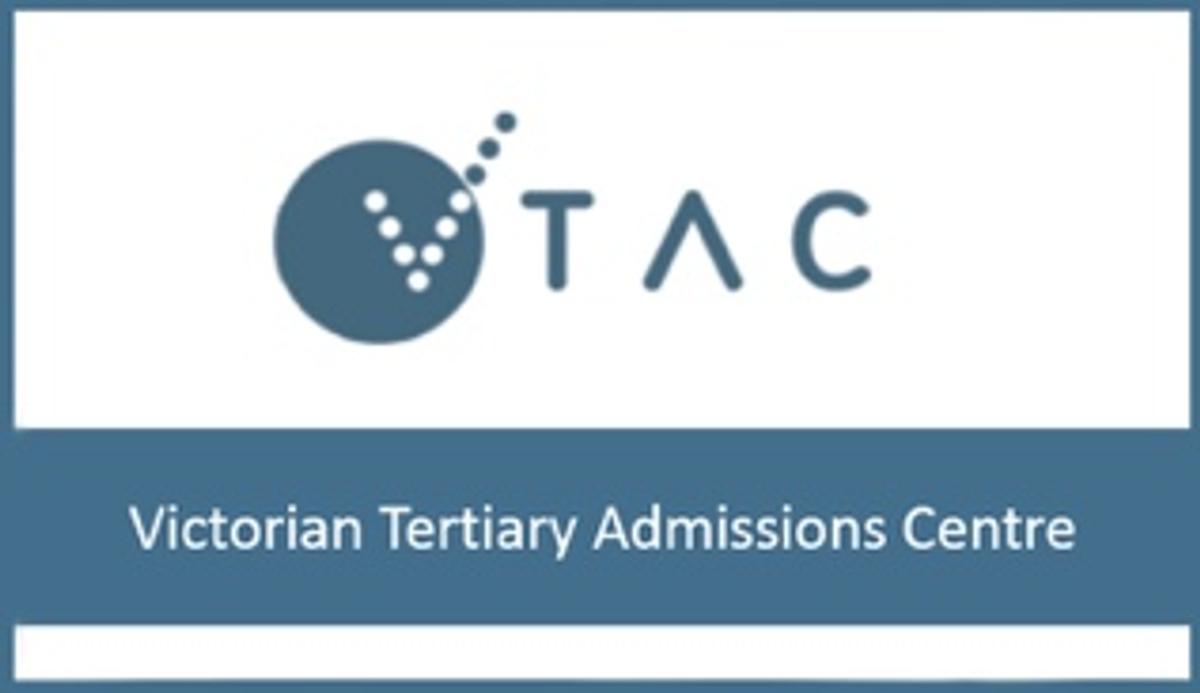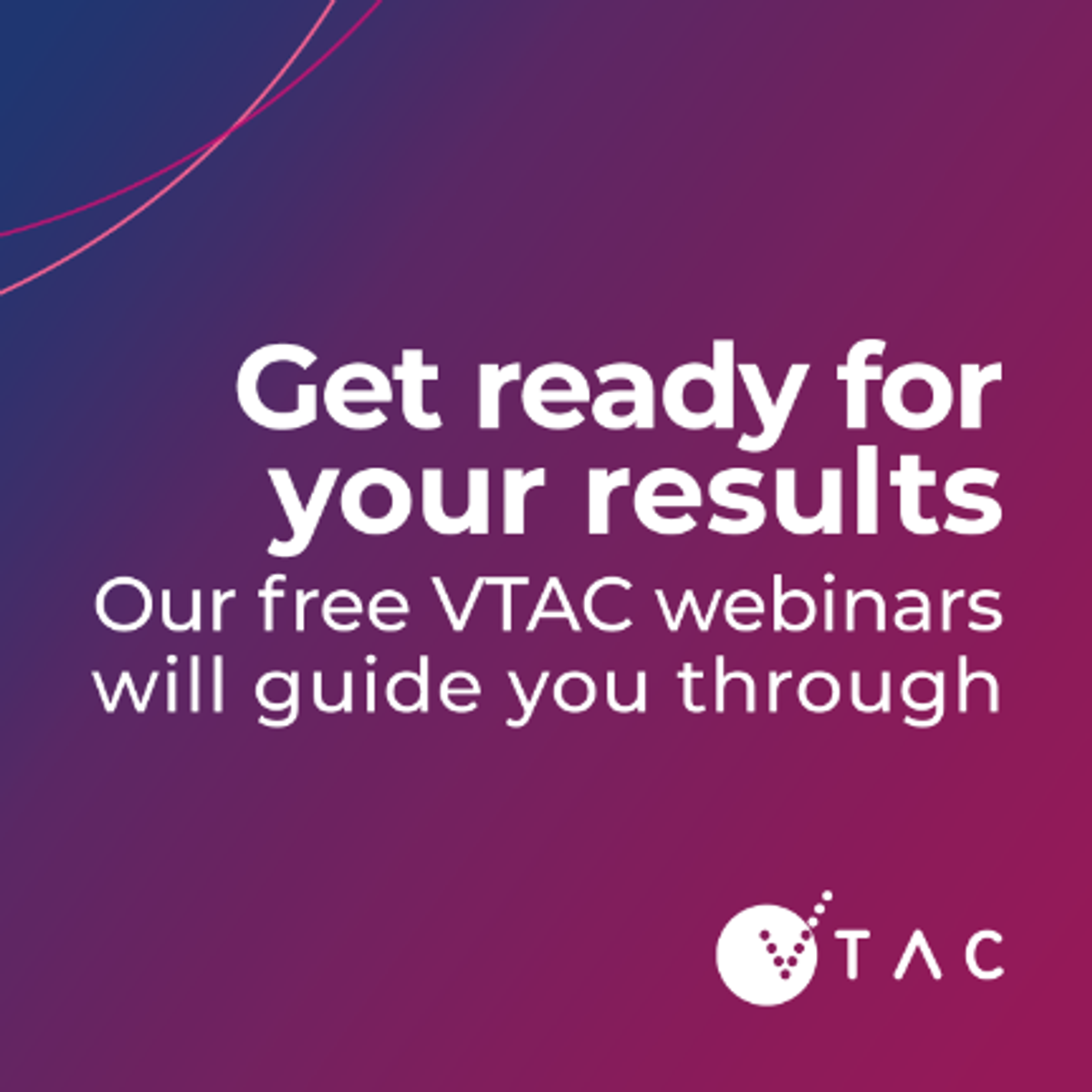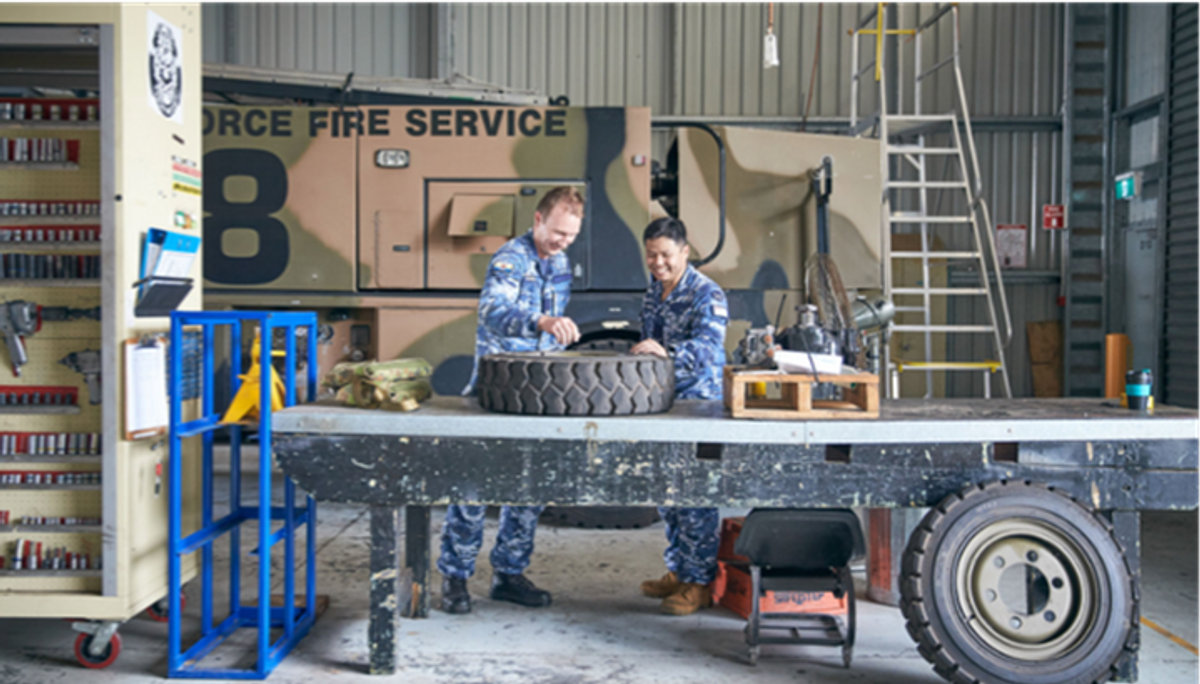Careers Corner

Head Start Employer Breakfast
On the 25th November, the Head Start program held their employer breakfast at the Cardinia Cultural Centre. This government initiative is a School-Based Apprenticeships and Traineeships (SBATs) program, supporting secondary school students to succeed in an apprenticeship or traineeship, while they are still at school. They are able to study and work simultaneously, to gain an early start towards their future career.
Gage Handley, one of our senior students, did the Acknowledgement of Country on behalf of Pakenham Secondary College. We were very proud of his efforts, and we are hoping that Gage is able to join the Head Start Program, enabling him to commence an electrical apprenticeship while he is completing Year 12.
If you are an employer and considering taking on an apprentice or trainee, please contact the school so that we can discuss the program further with you.
If you would like to find out more about Head Start Apprenticeships and Traineeships, please view the video below.
How can you help to increase your child's interest in careers?
I speak to a number of parents who are concerned as their child isn’t sure what they want to do when they finish school. I usually reply by saying, ‘At this stage, don’t be too worried’. To get things into perspective, how many of us knew exactly what we wanted to do when we finished school? There are very few people who know by the age of 17 what they really want to be doing for the rest of their lives.
Statistics show that most young people don’t have a good sense of who they ‘actually are’ until they’re in their twenties. The average number of jobs a person will hold during their lifetime is approximately 13. We have seen this number steadily increase over the years. As the person grows and develops, so do their interests, likes and dislikes, values, skills etc. Therefore, a job that was interesting to them when they were 17, may no longer interest them at 27. So, what does this mean for us as career practitioners and what are schools doing to help?
The Department of Education is now placing much emphasis on teaching students the skills they need for their ‘career journey’. It is a journey, as they plot their course from A to B, to C, then D and so on. We aim to provide students with the range of skills necessary, to successfully navigate their career path. These skills will develop over time, as they mature, further develop and experience new things. We commence this journey in Yr 7 through career education classes and continue it every year through to Yr 12, where we have a number of in-depth, one-on-one career conversations. The Department initiative is to ensure students are:
- supported to understand their strengths and interests
- have the skills and capabilities to navigate multiple careers and
- can meet the challenges of the rapidly changing world of work
What can you do as a parent?
There are many things a parent can do to help. The Careers Education Association of Victoria (CEAV) – now known as The Australian Centre for Career Education (ACCE) has some excellent resources for parents.
Fact sheet for download:
https://ceav.vic.edu.au/media/2998/engaging-parents-helpful-hints_english.pdf
They have also published ‘A Parent’s Guide to Career Planning’ which is an excellent read if you want to help your child on their journey.
At the end of the day, don’t forget that this journey is your child’s, not yours. As quoted, 'The most valuable thing as a parent you can do to help your child with career planning, is keep informed, listen, don’t judge, be open to ideas and encourage them to explore all their options’. Don’t force your ideas on them as it is their life; they need to learn to navigate their career if they are to be successful in the future.
Parent link: https://ceav.vic.edu.au/resources/parentscarers/
How do I become an Engineer?
Before becoming an engineer, you need to decide what type of engineering it is that interests you. This may include: aeronautical, architectural, biomedical, civil, electrical and electronics, mechanical, product design, robotics and mechatronics, software engineering and so on. Once you have decided which field is of interest, you can then investigate your options.
If you intend to study a degree in engineering, you will need to go to university and therefore, will need a particular ATAR and, quite often, pre-requisite subjects.
Example: Civil Engineering – Undergraduate courses can be studied at Deakin University, Federation University, La Trobe University, Monash University, RMIT, Swinburne University, Victoria University, to name a few.
Requirements will vary between universities and need to be checked – vtac.edu.au.
As of 16/11/22
- Monash University required a median ATAR of 93.3 and students must have received Units 3 and 4: a study score of at least 27 in English (EAL) or at least 25 in English other than EAL; Units 3 and 4: a study score of at least 25 in one of Maths: Mathematical Methods or Maths: Specialist Mathematics; Units 3 and 4: a study score of at least 25 in one of Chemistry or Physics. (Minimum 4-5 years)
- RMIT required a median ATAR of 75.8 and must have received Units 3 and 4: a study score of at least 30 in English (EAL) or at least 25 in English other than EAL; Units 3 and 4: a study score of at least 20 in one of Maths: Further Mathematics, Maths: Mathematical Methods or Maths: Specialist Mathematics. (Minimum 4 years study)
Not every student wants to study at a degree level and quite a number of students choose to commence study at a diploma level at TAFE. TAFE courses provide students with comprehensive ‘hands-on’ learning, where they develop their skills in a more practical way. Once their diploma is completed, they may apply to transition into a degree course (this will be dependent upon a range of factors) or they may choose to enter the workforce. If they go on to further study, the amount of time it takes to complete a degree is usually decreased.
Example: Civil Engineering – diploma courses at RMIT and Swinburne
- RMIT - no prerequisites for current Yr 12s but need to complete Yr 12 successfully (2 years minimum)
- Swinburne – no prerequisites for current Yr 12s but need to complete Yr 12 successfully as well as a literacy and numeracy test (2 years minimum)
When a student asks about engineering, I ask them these questions:
- What type of engineering do you want to study?
- Do you want to go to university or TAFE?
- If wanting to study at university, have you got the pre-requisite subjects you need?
Quite often this requires further conversation. The student then has the skills to further research engineering as a career.
Finding work that fits you best
From an early age, we learn to develop the knowledge and skills needed to secure a job. In many cases, we pay vast amounts of money gaining a qualification so that we can enter the workforce. However, it can be challenging to find work that suits you. You need to consider your needs, values and things that are important to you in the way you live and work.
Knowing your values
The benefits you get from work are strongly linked to your values. When you know what your values are regarding work, you can:
- understand what you hope to achieve through working
- understand what your overall ambitions are
- set meaningful goals for yourself
- choose jobs that will satisfy you in ways that are deeper than your 'hip pocket'
- understand why you feel dissatisfied in a job that doesn't fit with your values.
To identify your values, complete the Values activity in My career profile.
Why work?
Many people say they work because it provides them with an income. This provides them with financial independence and some control over their life. But what if we didn't work and we had every day to ourselves? Would not working make us happier? Or do you think it's more than money that motivates us to go to work each day?
Sometimes money truly is the only reason a person works. But most people have more meaningful reasons for working.
- They like to spend their days doing something they're good at.
- They like being productive.
- Their skills are needed by other people, and they feel obliged to supply them.
- They enjoy helping others.
- Work increases their self-confidence and self-esteem.
- They like the opportunities to meet people.
Job satisfaction
For many people, having a job is very satisfying. If it's a job they enjoy, it might not even seem like a job. Getting paid to do something you like and are good at may seem too good to be true. But you will probably find that you get satisfaction from more than one approach to work.
Here are a few aspects that can make work
satisfying:
- being paid enough to fulfil your most important needs
- being paid a rate that is fair for the work you do
- being in an environment that ensures your safety as you work
- being given opportunities to socialise
- being given new challenges, helping you grow and be creative
- being made to feel good about yourself as you gain experience, expertise and status
- being acknowledged by your colleagues and superiors.
Overall job satisfaction usually comes from a combination of 'intrinsic' and 'extrinsic' factors:
- Intrinsic job satisfaction relates to the kind of work you do and the tasks involved in the role.
- Extrinsic job satisfaction relates to the conditions of work, such as your salary, colleagues and manager.
Being aware of the type of work you’re doing and the things you need for job satisfaction will help you to identify and adjust your expectations accordingly.
Complete the other activities in My career profile to further develop self-knowledge to support your career decision-making.
Taken from myfuture.edu.au
The benefits of students undertaking workplace learning
Workplace Learning can take place in a variety of forms. Our students at Pakenham Secondary College participate in Work Experience (a compulsory part of the Yr 10 program), Structured Work Placements (part of the VCE VM study design in senior school), while others complete voluntary work in their own time. Whether it is a part of the students’ school program, or whether they are completing a voluntary work placement, workplace learning is beneficial on many levels.
Work experience runs for one week in Year 10, the last week in Term 2. This is a great opportunity for students to get a taste of the world of work. It may also help them decide their preferred post-school pathway. Shortly after work experience, students are course counselled and asked to choose their program for Year 11. On many occasions students have stated they are so happy they completed work experience as, they now know exactly what they want to do. On the other hand, quite a few come back and say they were pleased they completed work experience as they know they NEVER want to do that job! A good outcome in both cases.
Structured work placements are undertaken in Years 11 and 12 and are part of the VCE VM (formerly VCAL) program. Students attend the workplace one day per week, for the entire year (usually two different placements, one each semester). Students are encouraged to find a work placement, if possible, that aligns with their VET program. For example, if a student is studying automotive and can get a work placement with a motor mechanic, they can put into practice the skills they are learning at TAFE. They learn ‘real’ skills, can state on their resume they work a day a week in an automotive workshop and may make contacts they can use in the future.
Over the years, we have had many students gain part-time employment, fulltime employment and apprenticeships through their workplace learning. We have a number of committed local employers who take our students every year, enabling them to experience the workforce and gain some important work skills. We are forever grateful to these employers, as it would be difficult to continue these programs without their support. If you believe you could help with one of our programs, don’t hesitate to contact the career’s office.
VTAC Information Sessions for Year 12 Students
VTAC is running four sessions between the 5-23 December titled - ‘Getting ready for your results – what happens next?’
You must register if you are interested in attending one of these sessions. Click on the image below to register.
As well as the information sessions, here is a snapshot of some quick reference dates that may be of interest. In the first instance, there is only one day for a student to change their preferences after initially receiving their results. The subsequent rounds allow a little more time. We encourage students to contact the career’s office as soon as possible if they need help with their future courses.
Change of preference dates – choose the table that reflects your status. Most students are Current Yr 12 Domestic Students however, a few will need to check the dates for International Students.
Dates for Year 12 Domestic Students / Change of Preference
Change of Preferences will be open during these periods:
| From | To | Eligible for offers in |
|---|---|---|
| 1 August (9am) | 14 December (4pm) (VIC and IB May sitting only)
15 December (4pm) (ACT, NSW and Tas only) | December offer round domestic (ACT, NSW, Tas, Vic and IB May sitting only) |
| 21 December (2pm) | 22 December (4pm) | January offer round 1 domestic |
| 3 January 2023 (3pm) (IB applicants only) | 5 January 2023 (4pm) (IB applicants only) | January offer round 1 domestic |
| 13 January 2023 (4pm) | 19 January 2023 (4pm) | February offer round 1 domestic |
| 1 February 2023 (4pm) | 2 February 2023 (4pm) | February offer round 2 domestic |
| 8 February 2023 (4pm) | 9 February 2023 (4pm) | February offer round 3 domestic |
| 14 February 2023 (4pm) | 15 February 2023 (4pm) | February offer round 4 domestic |
Dates for Year 12 International Students / Change of Preference
Change of Preferences will be open during these periods:
| From | To | Eligible for offers in |
|---|---|---|
| 1 August (9am) | 14 December (4pm) (Vic and IB May sitting only)
15 December (4pm) (ACT, NSW and Tas only) | December offer round 1 international (ACT, NSW, Tas, Vic and IB May sitting only) |
| 21 December (2pm) | 22 December (4pm) | January offer round 1 international |
| 3 January 2023 (3pm) (IB applicants only) | 5 January 2023 (4pm) (IB applicants only) | January offer round 1 international |
| 6 January 2023 (4pm) | 10 January 2023 (4pm) | January offer round 2 international |
| 12 January 2023 (4pm) | 13 January 2023 (4pm) | January offer round 3 international |
| 17 January 2023 (4pm) | 18 January 2023 (4pm) | January offer round 4 international |
| 20 January 2023 (4pm) | 24 January 2023 (4pm) | January offer round 5 international |
Australian Defence Force Information Sessions Defence Force Recruiting
| Date | Event | Description | Time/Location/Registration |
|---|---|---|---|
| Monday 28 November 2022 | Defence Careers - Trade Careers Virtual Information Session | A trade role in the Australian Defence Force will see you working with some of the world's most advanced military technology and equipment. Learn about trade careers in the ADF at the virtual info session. | Time: 6pm Location: Online Details and Registration:
|
| Tuesday 29 November 2022 | Defence Careers - Navy Careers Virtual Information Session | Consider a career like no other and work alongside likeminded, expertly trained personnel as a member of the Australian Navy.
Speak with serving members about career opportunities at our virtual info session. | Time: 6pm Location: Online Details and Registration:
|
| Tuesday 29 November 2022 | Defence Careers Information Session - Melbourne | Are you interested to learn about the wide range of roles available in the Navy, Army and Air Force?
Join us at an upcoming info session and speak with current serving members to see which Australian Defence Force career is best suited to you. | Time: 6pm Location: Melbourne Defence Force Recruiting Centre, Level 2, 501 Swanston Street Melbourne, VIC, 3000 Details and Registration:
|
| Tuesday 29 November | Defence Careers Virtual Information Session | Consider a career like no other and represent Australia with pride in the Navy, Army or Air Force.
Tune in for a virtual info session to speak with current serving members and ask your questions - is a career in the Australian Defence Force for you? | Time: 6pm Location: Online Details and Registration:
|
| Tuesday 29 November | Defence Careers - Virtual Leadership and Management in the ADF | We're always on the lookout for people with ambition and potential to lead and manage ADF personnel in fields including (but not limited to) aviation, engineering, healthcare and combat.
As an Officer in the Australian Defence Force you will have the opportunity to see more of Australia - and the world - make friends for life and experience a unique culture of teamwork, adventure and fitness.
Join us for an info session to hear from current serving members about what it takes to become an Officer in the ADF. | Time: 6:30pm Location: Online Details and Registration: |

